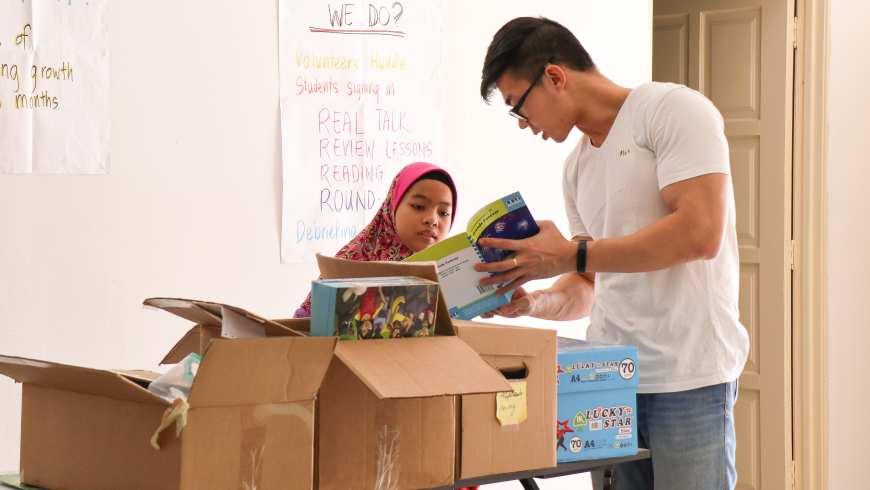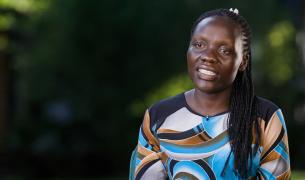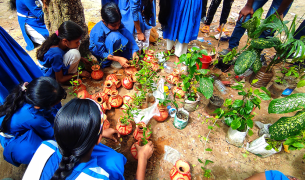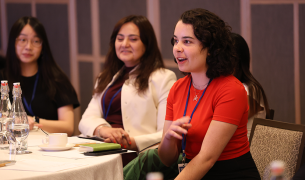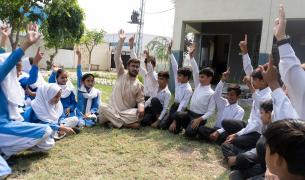It All Begins With Literacy: Fighting Poverty by Teaching Kids to Read
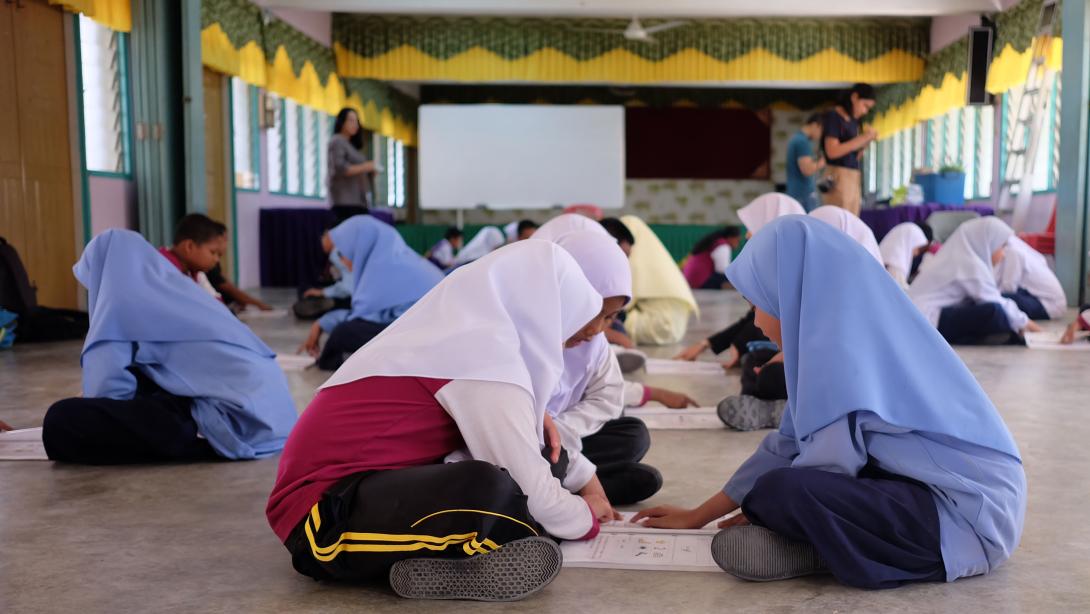
In 2013, my friends and I entered our classrooms as Teach For Malaysia fellows, armed with our flipcharts, marker pens, and sticky notes thinking we could change the world. It wasn’t long, however, before, we felt defeated by the numerous issues we encountered in our school: student truancy, substance abuse and gang activity, disruptive classrooms, a discouraging working environment, and more challenges that didn’t have easy or obvious solutions . We were passionate and eager to help beyond our role as teachers, but didn’t know where to begin.
It was one of my co-fellows, Charis Ding, who helped focus us because she felt strongly that illiteracy was at the root of many of these problems. Motivated by this belief, Charis spent months developing a literacy toolkit. When she shared the toolkit with me, I was excited about its potential, and together we designed a programme that brought together students from her Form 1 (ages 13 to 14) classroom who were struggling with reading and the students from my Form 4 (ages 16 to 17) classroom who were the strongest readers on Saturday mornings to read in pairs.
The following year we continued our programme, and in addition two other Teach For Malaysia fellows, Tay Sue Yen and Rachel Lim, started implementing their own literacy initiatives using our toolkit. The four of us collaborated closely, refining the toolkit and programme design to better meet the demands of teaching in a high-need school. Through rigourous programme impact measurement, we determined that our toolkit helped students achieve an average of three years of reading growth in six months.
Our district education officers spread the word about our initiative’s progress, and more teachers began asking to use our toolkit in their schools. Before we realised it, we were envisioning bringing our toolkit all over Malaysia and beyond.
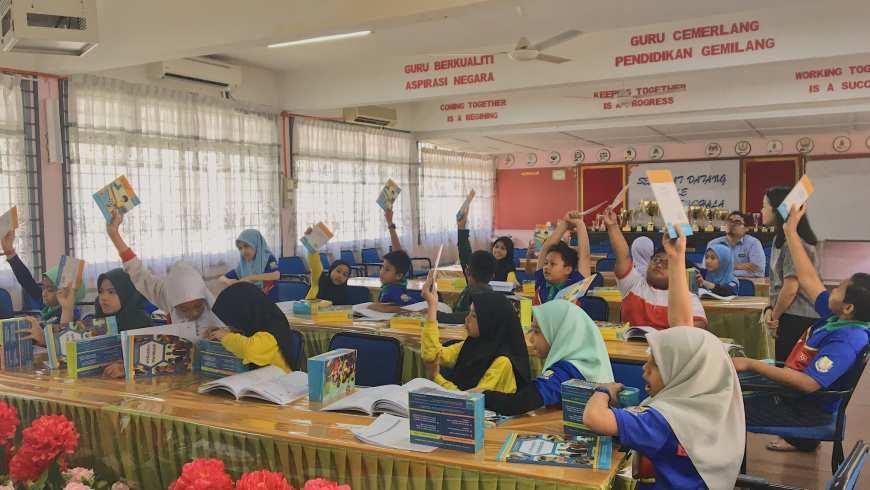
Ultimately, the four of us—Charis, Rachel, Tay Sue, and I—decided to leave the classroom and focus full-time on achieving our vision that one day, every child will be able to read. We founded MYReaders in 2017 to empower children and their communities by providing structured and sustainable reading programmes.
Since then, we’ve accomplished some significant milestones, from publishing our own literacy toolkit, to running our very first Corporate Social Responsibility programme for corporate funders, to seeing our products go regional and be used by teachers all over Southeast Asia.
My work with MYReaders has been incredibly fulfilling not only because of my deep belief in our vision, but also because I have a personal connection to this work through my family. My parents are both illiterate, my mother more so than my father. She often laments that her life story would have been told differently if she was able to read and have a more stable and better paying job.
My parents did not have a happy marriage and my father was depressed and physically abusive. My siblings and I spent our adolescence in constant vigilance for signs of potential domestic violence. My mother worked as a salesgirl in retail outlets and compensated for her lack of literacy with sheer hard work. I am still in awe of the way she managed to pick up technical details of the products she sold without being able to read. Yet, ultimately, she felt that her illiteracy held her back from a stable job that would allow her to build a life apart from my father.
My mother was determined that her children would not walk the same path as she did. While she was incapable of teaching us how to read, she worked doubly hard to put us through additional tutoring. She knew that an excellent education was our only way out of our poverty.
On days when my work is especially challenging and I feel overwhelmed, I am reminded of the girls like my mother, who deserve futures that hold opportunities beyond marriage, and the boys for whom learning to read will open up a world of possibilities that my father never had, but my mother made sure I did.
There is much to be done. There are people—like my siblings and me—whose social mobility hinges on whether they learn to read. There are those who are unable to articulate the injustice they feel. We can help provide them the vocabulary they need. It all begins with literacy.
